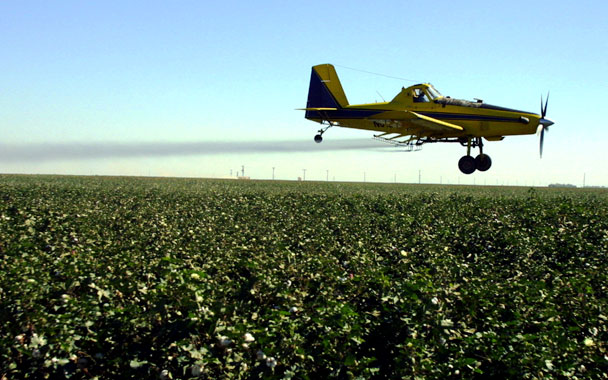Better Late Than Never
Two recent news items have made me think that there’s still hope for this poor, embattled planet of ours—maybe.
First, the United States Department of Agriculture (USDA) last week announced a total ban on the slaughter of “downer” cows (animals too sick to stand). The decision by the Washington agri-bureaucrats was anything but hasty. It was back in January that the Humane Society of the United States released photographs of downer cows at the Westland/Hallmark Meat Co. in California being forced by lift trucks and electric prods to stand just long enough to walk to slaughter, prompting (somewhat belatedly) the nation’s largest meat recall to date.
At the time, there was a loophole in USDA regulations large enough for a downer cow—or rather several thousand downer cows—to stagger through. After being inspected by a veterinarian and receiving a clean bill of health, a prostrate cow could still be killed and have its meat ground up for our hamburgers. That policy will now be banned.
And speaking of hamburgers, Burger King announced last week that it will give the pickers of the tomatoes it buys a whopping 1-cent-per-pound raise. It doesn’t sound like much, but the fast-food giant had to be hauled kicking and screaming to the altar of living wages, and I am left wondering whether the company’s decision was based on corporate social responsibility, or whether it came on the heels of the withering publicity that inundated Burger King earlier this month. In case you missed that story, it was alleged that the company had hired private investigators to infiltrate farm workers’ organizations. Then one of Burger King’s executives, hiding behind his teenage daughter’s web alias, wrote negative, potentially libelous online comments about leaders of the living-wage campaign.
Okay, So Maybe it was Too Good to be True
It takes a major faux pas to have groups as disparate as Syngenta Crop Protection, Inc. (a multi-national purveyor of chemical agricultural pesticides) and The Organic Center—along with more than 40 other organizations—aligned against you, but the USDA succeeded last week when it announced the termination of its national survey of pesticide use. Farmers, researchers, consumer groups, and even the government’s own Environmental Protection Agency have relied on the survey for nearly two decades to provide them with information about what pesticides were being applied to American crops, how much was being applied, and where it was being applied.
“What we’ll end up doing is understanding pesticide use through getting accident reports,” Steve Scholl-Buckwald of Pesticide Action Network told the Associated Press. “And that’s a lousy way to protect public health.”
The USDA, however, points out that cutting out the potentially life-saving program will save money—$8 million a year to be exact, out of an annual budget of more than $90 billion. Shows the price they put on our wellbeing.
I’ll Raise a Mug of Ethanol to That
When I first read that Molson Coors would be donating “energy” to the Democratic National Convention this summer, I imagined beer-sodden delegates for Clinton and Obama duking it out in a nationally televised drunken brawl.
(I think that would be a saner and more honest way than the current fracas.)
Alas, it’s not to be. Molson Coors is merely providing a blend of gasoline and ethanol to fuel the convention’s fleet of vehicles. The ethanol in the brew is made from beer that has been rejected for quality reasons.


